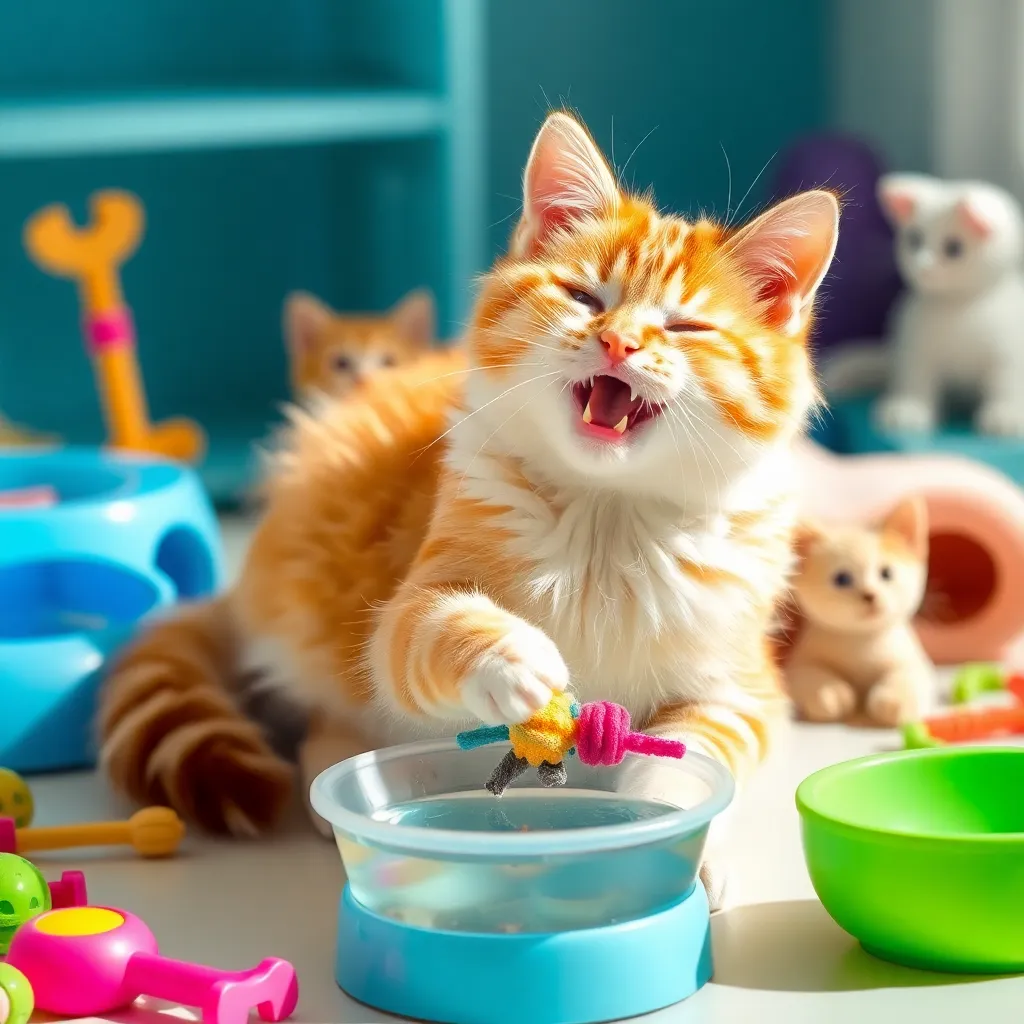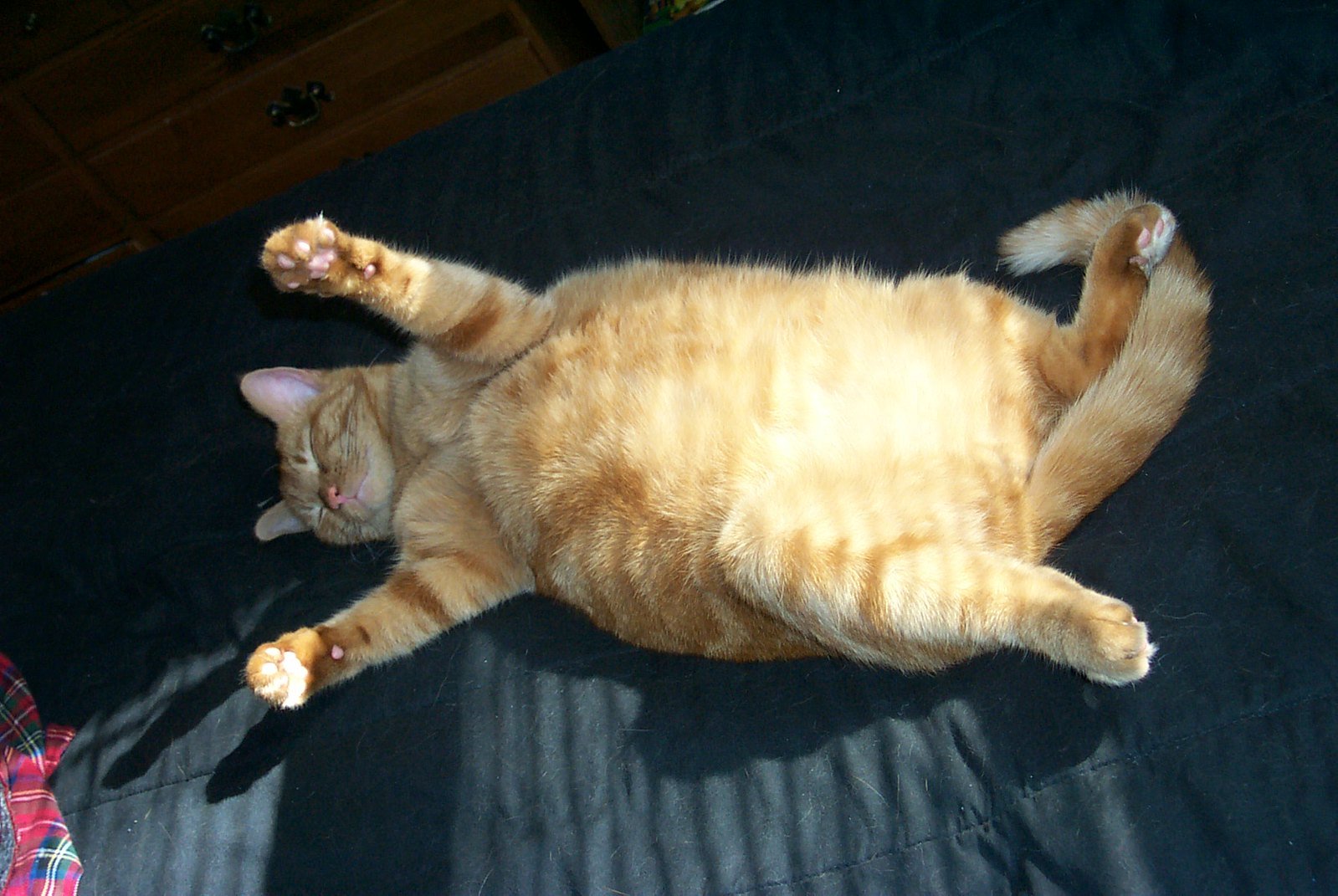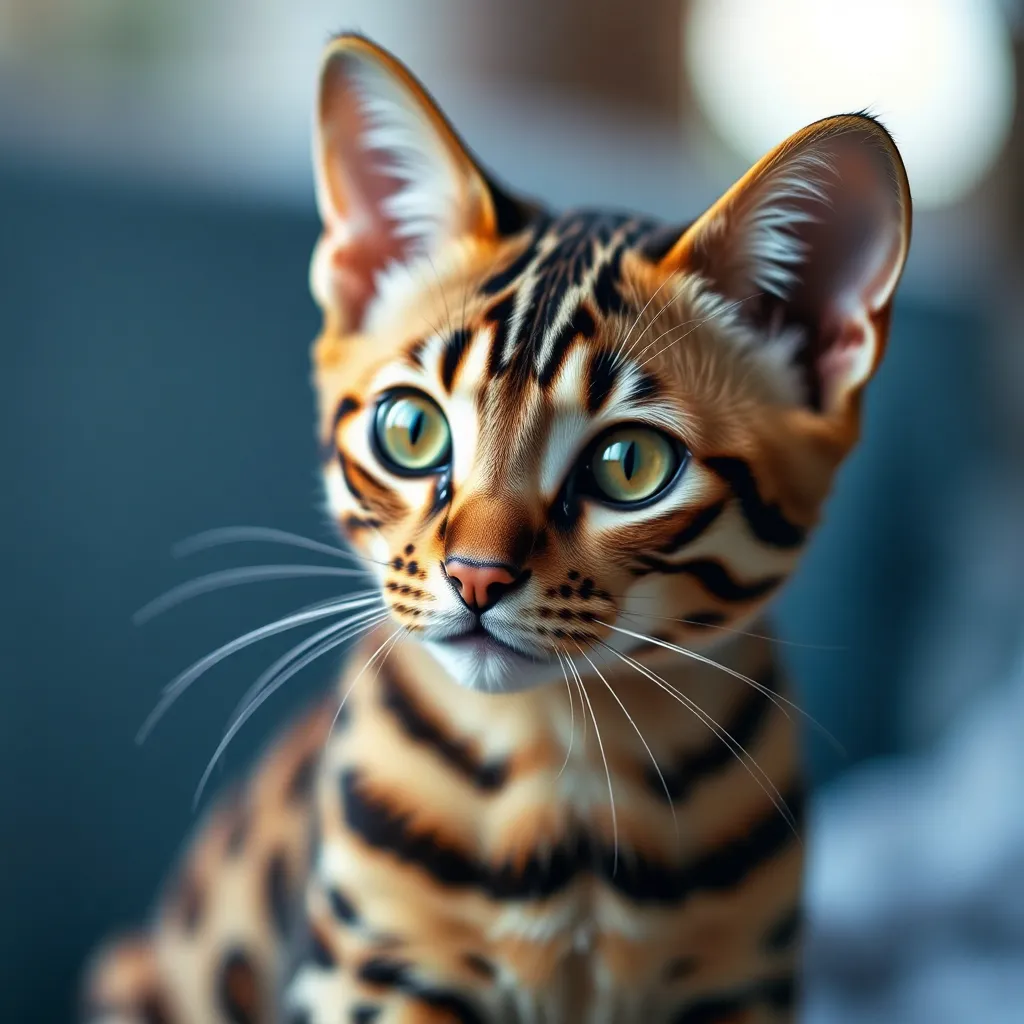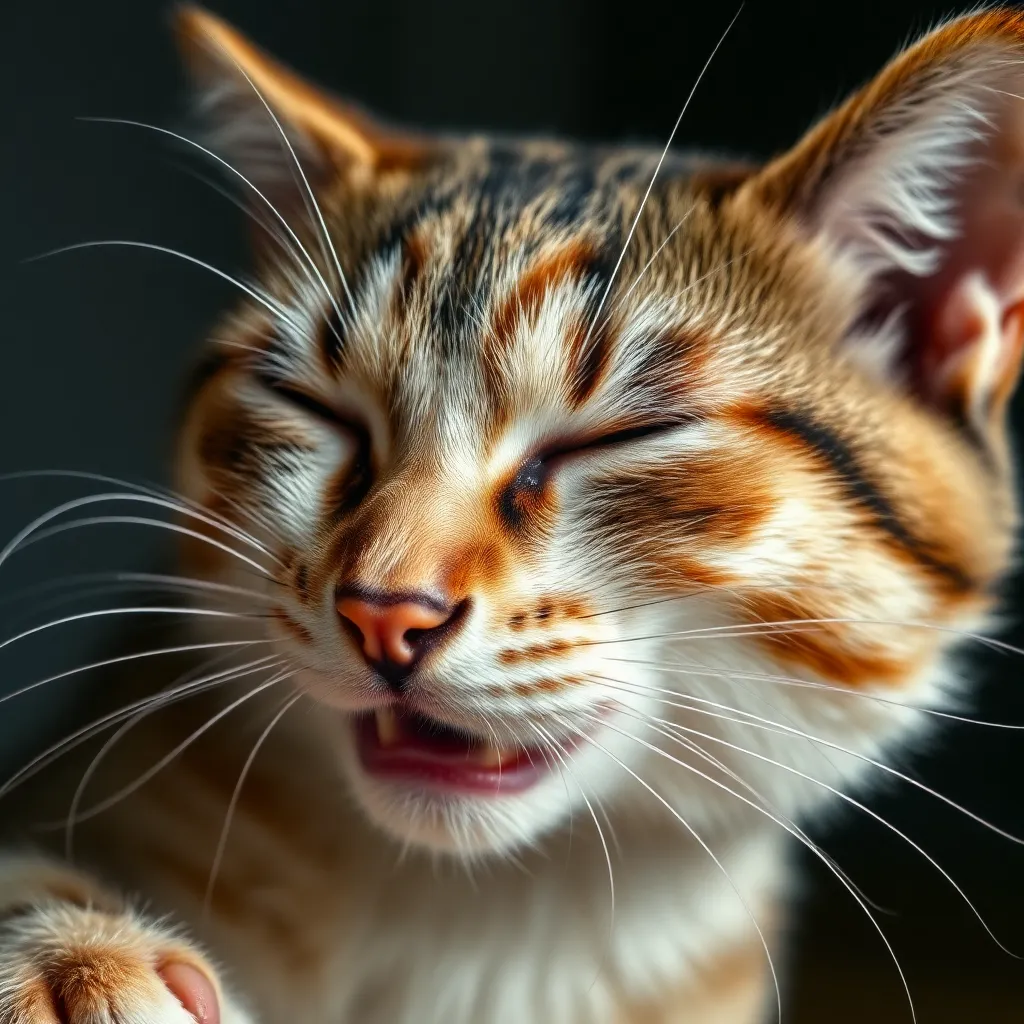Keywords: neutered cat food, cat diet, cat health tips, feline nutrition, spayed cats, weight management in cats, urinary tract health in cats, post-neuter cat care.
Many cat owners wonder why their veterinarian recommends a special diet for their neutered or spayed cat. The truth is, neutering significantly impacts a cat’s metabolism and predisposes them to certain health issues. Understanding these changes and how a tailored diet can help is crucial for ensuring your feline friend lives a long, healthy life. This article will delve into the reasons behind the need for specialized neutered cat food and provide valuable insights into maintaining your cat’s well-being.
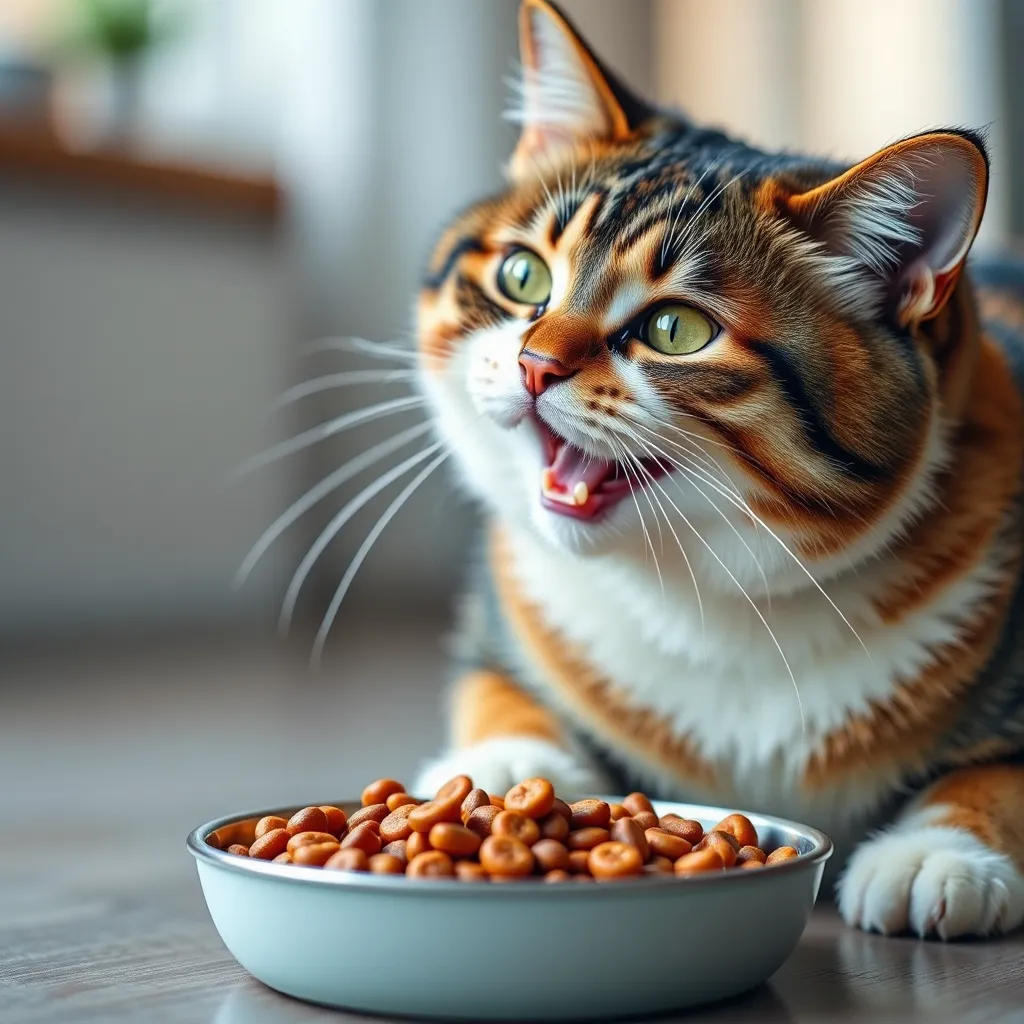
Metabolic Changes After Neutering:
Neutering, the surgical removal of reproductive organs, alters your cat’s hormonal balance. This hormonal shift leads to several metabolic changes, including a decreased metabolic rate. Essentially, your cat burns fewer calories after being neutered, making them more prone to weight gain. This increase in body fat can lead to a cascade of health problems.
Increased Risk of Health Problems:
The extra weight gained after neutering doesn’t just affect your cat’s appearance; it significantly increases the risk of several health issues:
- Obesity: Excess weight strains joints, leading to arthritis and mobility problems. It also contributes to diabetes, heart disease, and respiratory problems.
- Urinary Tract Infections (UTIs): Weight gain and decreased activity can contribute to urinary tract issues, including UTIs and the formation of urinary stones. These conditions can be extremely painful and require veterinary intervention.
- Diabetes: Obesity is a major risk factor for feline diabetes, a serious and often life-long condition requiring careful management.
- Other Health Issues: Neutered cats can also experience increased risks of certain cancers and other health complications linked to obesity.
The Importance of Specialized Neutered Cat Food:
Formulated to address these potential health concerns, neutered cat food typically contains:
- Lower Calorie Density: These foods are designed to provide the necessary nutrients without excessive calories, helping maintain a healthy weight.
- Controlled Phosphorus Levels: For cats prone to urinary tract issues, controlled phosphorus levels are crucial in preventing the formation of struvite crystals.
- Increased Fiber Content: Fiber promotes healthy digestion and can help prevent constipation and other digestive problems.
- Essential Nutrients: While lower in calories, these foods are rich in essential vitamins, minerals, and amino acids to support overall health.
Choosing the Right Food for Your Cat:
Selecting the appropriate neutered cat food involves considering your cat’s specific needs and preferences. Factors to consider include:
- Age: Kittens have different nutritional requirements than adult cats.
- Breed: Certain breeds are predisposed to specific health issues, requiring tailored nutrition.
- Health Conditions: If your cat has any pre-existing conditions, choose a food that addresses those concerns.
- Ingredients: Look for high-quality ingredients, including real meat and poultry, and avoid artificial colors, flavors, and preservatives.
Always consult your veterinarian before making any significant changes to your cat’s diet. They can help you determine the best food for your cat’s individual needs and monitor their progress.
Beyond Diet: Maintaining Your Cat’s Health:
Proper nutrition is just one piece of the puzzle. Maintaining your neutered cat’s health also involves:
- Regular Veterinary Checkups: Schedule regular checkups to monitor your cat’s weight, detect any health problems early, and ensure they’re receiving appropriate care.
- Regular Exercise: Encourage play and exercise to help burn calories and maintain a healthy weight.
- Fresh Water: Ensure your cat always has access to fresh, clean water.
FAQ:
- Q: Can I feed my neutered cat regular cat food? A: While you might, it increases the risk of obesity and related health problems. Neutered cat food is formulated to address the metabolic changes associated with neutering.
- Q: My cat is picky. How can I transition them to neutered cat food? A: Gradually mix the new food with their old food over several days, increasing the proportion of the new food gradually.
- Q: How often should I feed my neutered cat? A: Follow the feeding guidelines on the food packaging, adjusting portions based on your cat’s weight and activity level. Consult your veterinarian if unsure.
- Q: Are there any specific brands of neutered cat food you recommend? A: Many reputable brands offer excellent neutered cat food. Consult your veterinarian for recommendations based on your cat’s specific needs.
Buy the products shown in this post by visiting this link: https://amzn.to/3ZlyPU9
Share this content:


